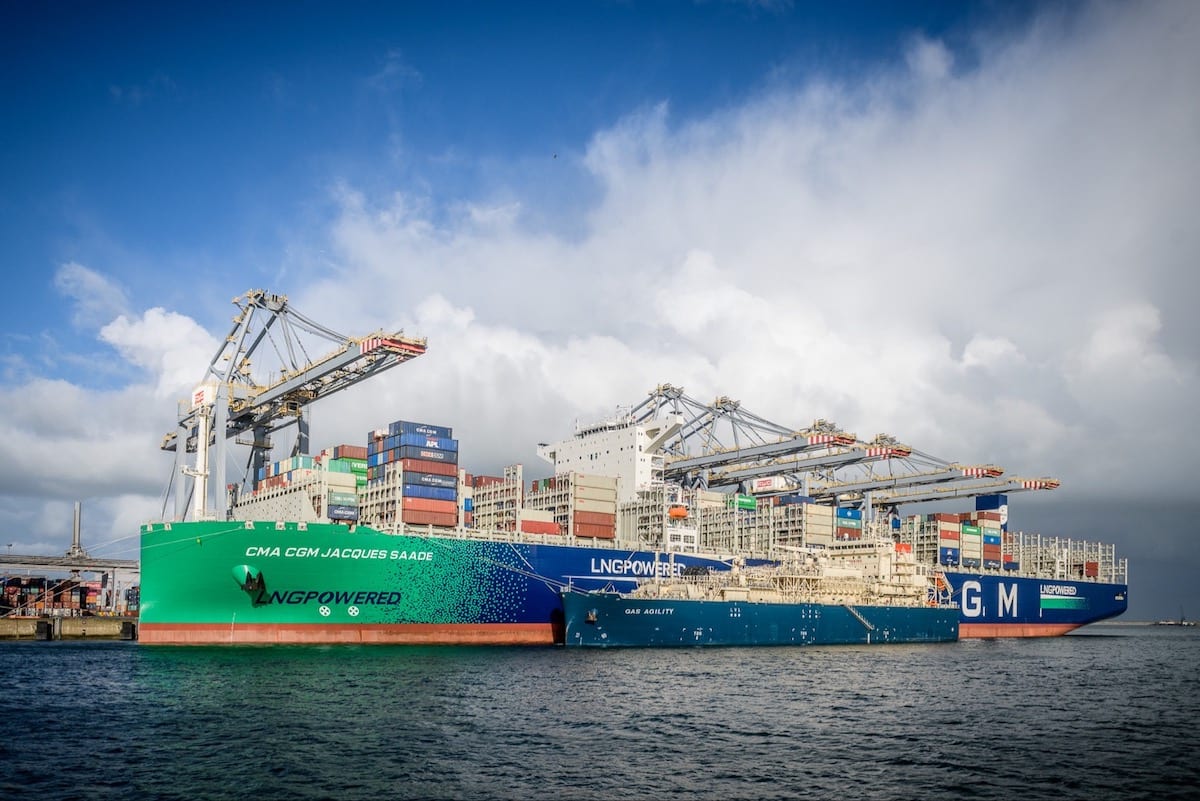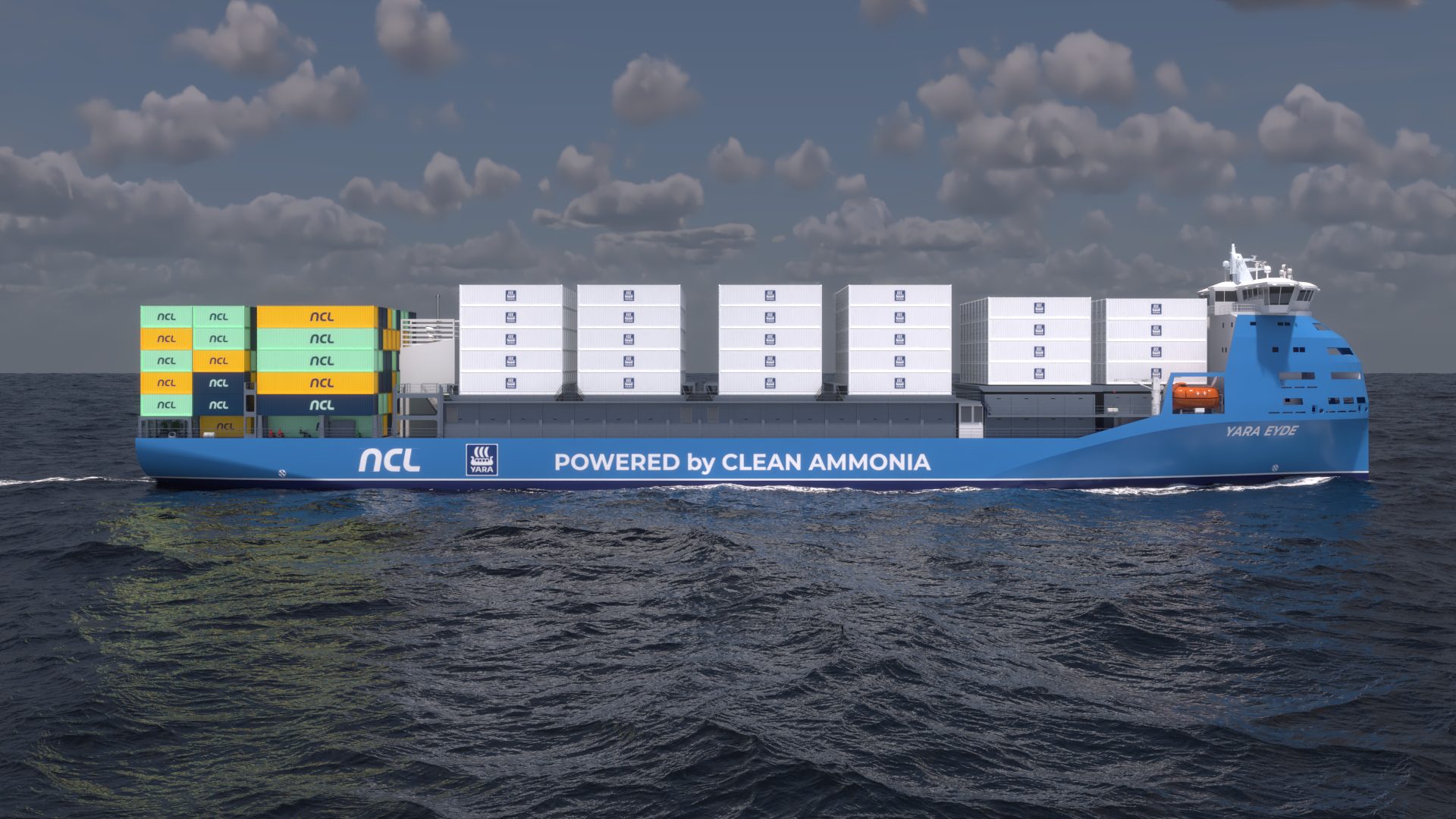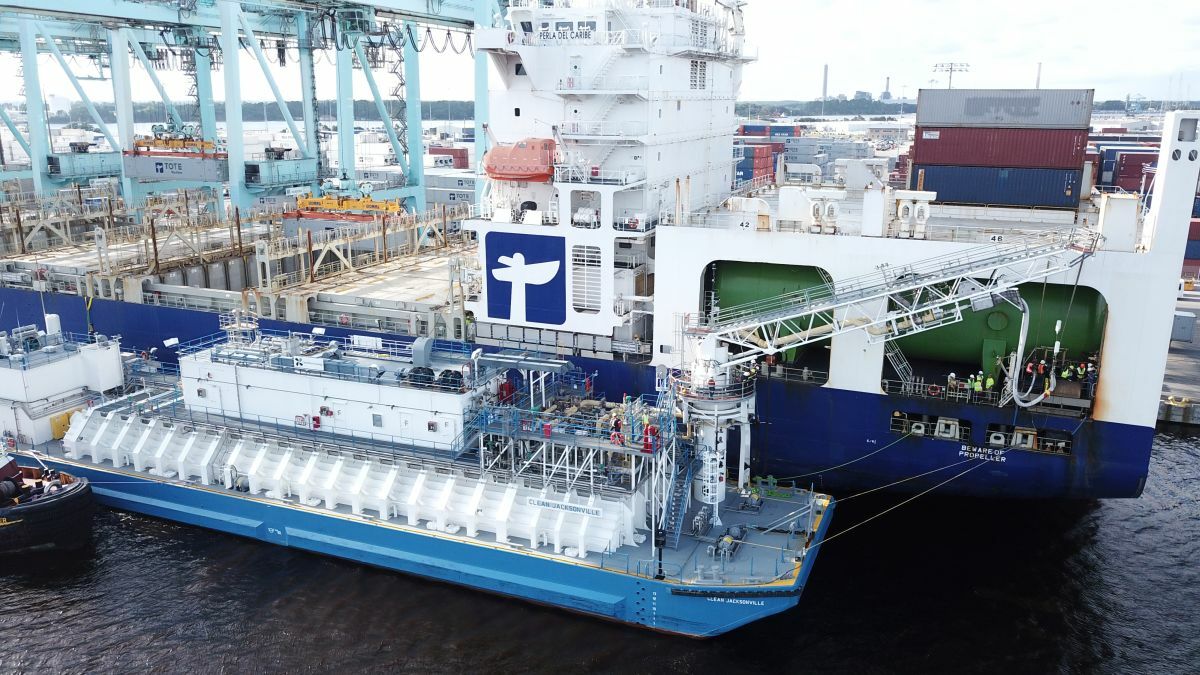Decarbonization is indeed “a thing”, as Millennials might say. The problem that I have writing on the topic- and presumably that readers have, is that the timeframes can be very lengthy, like 30 years out.
Indeed, many promising technologies for achieving shipping’s ambitious reduction targets for carbon emissions are on the drawing boards. But they are not yet there- nor is it clear who will pay for them.
The International Maritime Organization (IMO) concluded a two day seminar on decarbonization for shipping; happily, the well-organized (virtual) event strived for practicality. There is an important and proactive role for the IMO to play here, going way beyond its traditional regulatory and safety roles.
In his opening remarks, Kitack Lim, IMO’s Secretary General, said: “IMO wants to further accelerate such initiatives by providing the global forum for sharing knowledge, to promote R&D, and to build partnerships between stakeholders, among public and private sectors, not only in the shipping industry and ports but also private and development banks, and academia at international, national and local levels.”
In the highly fragmented world of shipping, the IMO is uniquely situated to bring together the diverse entities that will need to cooperate.
LNG, viewed as “transitional” (as it is not a zero carbon fuel), is already in widespread use, with French carrier CMA-CGM taking a leadership role in mainstream use of the fuel. In a presentation by Mr. Xavier Leclercq, a company Director, he compared emissions from a dual fueled LNG powered 23,000 TEU vessel compared to a similarly-sized scrubber fitted diesel powered ship, burning HFO, with the LNG consuming unit emitting 25% less CO2, and 90%+ less Nox and Sox.
CMA-CGM, which will soon be running nine LNG powered 23,000 TEU megaships, has ambitions for operating 26 gas fueled vessels by 2022. Mr. Leclercq described a bunkering infrastructure still under development (but already working in China, Singapore and northern Europe) and offered extensive descriptions and timelines of actual bunkering operations.
Methanol, a fuel with potential applicability to future hydrogen and bio fueling, is also in use, albeit on a more limited scale than LNG. Mr. Paul Hexter, President of Vancouver (BC) -based tanker owner Waterfront Shipping, which is tied to methanol supplier Methanex. In his talk, he explained that methanol (carried as cargo on Waterfront Shipping’s tanker fleet) meets current and future emission regulations, that dual fuel engine technology is proven at a commercial scale, and that it represents a “practical and cost competitive alternative marine fuel.”
The safety theme, along with the collaborative emphasis from Mr. Lim’s introduction, was infused throughout the event. In particular, with new fuels on the way, close attention needs to be given to the need for further development of the International Code of Safety for Ships using Gases or other Low-flashpoint Fuels (IGF Code). As explained in a prepared IMO release, “IMO’s Sub-Committee on Carriage of Cargoes and Containers (CCC), is responsible for the IGF Code. Work on amending and updating the Code largely takes place in that Sub-Committee, in cooperation with other IMO bodies as and when necessary. Member States are encouraged to share information with the CCC Sub-Committee to ensure that technical discussions are robust.”
A view of the big picture, going forward, came from Maersk’s Director of Regulatory Affairs, Mr. Simon Bergulf, who talked about Maersk’s ambition to be carbon-free by 2050. In his slides, he endorsed the International Maritime Research and Development Board (IMRB), proposed to the IMO last year by a group of industry associations, which would finance $5 billion of research on new fuels through a small levy on existing fuel purchases.
Another view on funding (from a Capital Link webinar, totally separate the IMO event) came from Evercore ISI transportation equities analyst Jon Chappell, who pointed to a trend where charterers might contribute to owners’ investments in decarbonization, highlighting the collaborative aspect sought by IMO webinar participants.

 Join The Club
Join The Club











